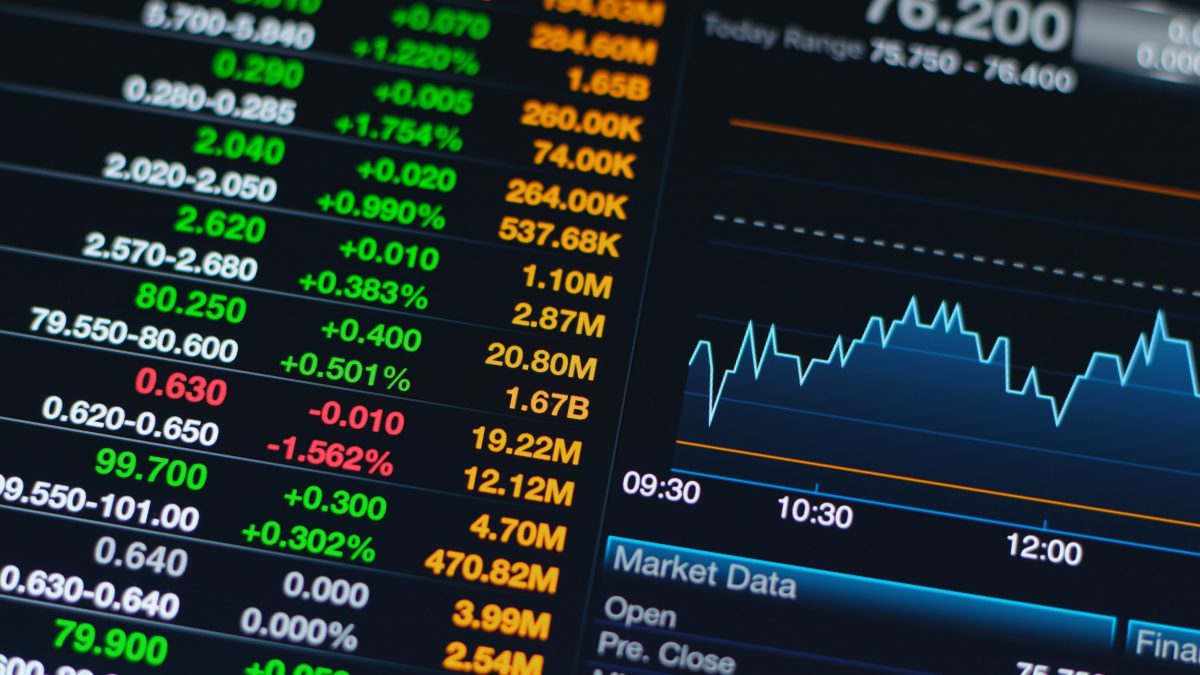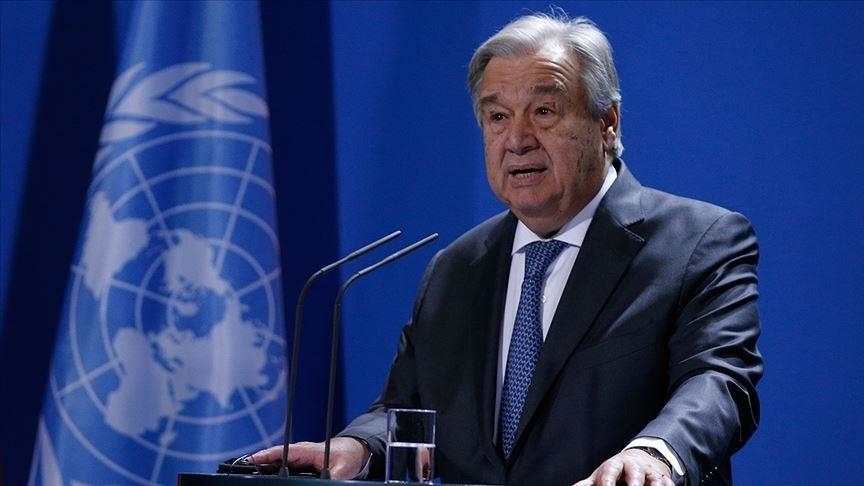Asia-Pacific Stocks Climb Following Tech-Led Wall Street Rally
Asia-Pacific markets advanced on Wednesday, tracking gains on Wall Street fueled by a surge in technology shares, particularly chipmakers.
Nvidia led the charge, jumping nearly 3% and building on Monday’s momentum. The rally propelled Nvidia’s market capitalization ahead of Microsoft’s for the first time since January. Fellow semiconductor firms Broadcom and Micron Technology also saw notable increases, gaining over 3% and 4%, respectively.
South Korea’s markets outperformed in the region as trading resumed after a national holiday. Investor sentiment was buoyed by the election of opposition party leader Lee Jae-myung as president. The Kospi jumped 1.57% to a 10-month high, while the Kosdaq index gained 1.06%.
In Japan, the Nikkei 225 opened 0.83% higher, with the broader Topix rising 0.47%.
Australia’s S&P/ASX 200 gained 0.54% in early trading. Economists surveyed by Reuters expect first-quarter 2025 GDP to show a 1.5% year-on-year increase, up from 1.3% in the prior quarter.
However, futures for Hong Kong’s Hang Seng index signaled a weaker start, standing at 23,397—below its previous close of 23,512.49.
Regional Index Snapshot
-
S&P/ASX 200 (Australia): 8,517.20 (+0.60%)
-
CNBC 100 Asia Index: 10,768.56 (+0.29%)
-
Hang Seng Index: 23,512.49 (unchanged)
-
Kospi (South Korea): 2,749.63 (+1.88%)
-
Nikkei 225 (Japan): 37,749.91 (+0.81%)
-
Shanghai Composite: 3,361.68 (-0.01%)
Meanwhile, U.S. futures showed little movement after Wall Street closed higher, supported by strong tech performance and an unexpectedly robust jobs report, which suggested resilience in the labor market despite worries over tariff-related risks.
Wall Street Recap
-
S&P 500: +0.58% to 5,970.37
-
Dow Jones Industrial Average: +0.51% to 42,519.64
-
Nasdaq Composite: +0.81% to 19,398.96
South Korean Inflation Eases
South Korea’s consumer price index for May dipped 0.1% from the previous month and slowed to 1.9% year-on-year—the weakest annual pace since December 2024. The figure came in below economists’ expectations of 2.1%, according to a Reuters poll.
The data follows the Bank of Korea’s recent rate cut—its fourth in the current easing cycle—as the central bank attempts to bolster growth amid headwinds from U.S. tariffs.









